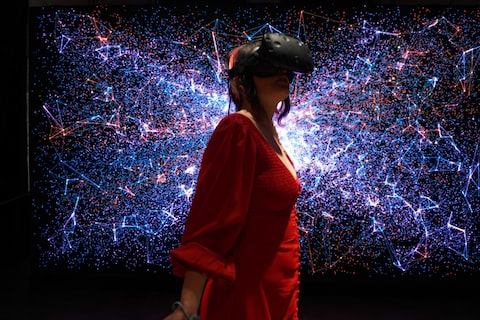Gaming and Relationships: the Influence of Gaming on Friendships and Romantic Partnerships
Gaming has become an integral part of the lives of millions of people globally. With immersive virtual worlds, multiplayer capabilities, and thriving online communities, gaming has transcended from a mere hobby to a complex social phenomenon. Many individuals spend countless hours engrossed in their favorite games, forming deep connections with fellow gamers.
This article delves into the intricate relationship between gaming and friendships, as well as romantic partnerships. It explores how the gaming culture fosters unique bonds and how these connections can impact relationships both positively and negatively.
Gaming and Friendships
Gaming has the power to bring people together, transcending geographical barriers and connecting individuals with shared interests. Online multiplayer games enable players to form friendships and play together, fostering a sense of camaraderie and teamwork.
In virtual worlds, gamers develop a shared identity and collaborate to achieve common goals. This teamwork can translate into real-life friendships, with gamers organizing meet-ups, tournaments, and conventions to connect in person. These friendships often extend beyond gaming, becoming genuine and enduring relationships.
Moreover, gaming friendships can provide emotional support and companionship. Gamers find solace in connecting with like-minded individuals who understand their passion for gaming and share similar experiences. They find a sense of belonging within a community that appreciates and values their dedication to the gaming world.
Gaming and Romantic Partnerships
Gaming is not limited to fostering friendships but can also play a role in romantic partnerships. Many couples bond over their shared love for gaming and build relationships based on this common interest.
Couples who game together often engage in cooperative gameplay, which strengthens their bond through shared experiences and mutual goals. Gaming can serve as a means of quality time spent together, fostering communication, teamwork, and problem-solving skills. It can also provide an avenue for couples to relax and unwind in each other’s company.
However, conflicts can arise when one partner invests more time in gaming than the other, resulting in feelings of neglect or jealousy. In such cases, open communication becomes crucial to finding a healthy balance and addressing concerns.
The Dark Side of Gaming on Relationships
While gaming can enhance relationships, it is essential to acknowledge its potential negative impact. Excessive gaming can lead to neglect of real-life relationships, isolation, and addiction. Gaming addiction can strain friendships and romantic partnerships, as the individual becomes consumed by their virtual world, neglecting the needs and responsibilities of their loved ones.
Another aspect to consider is the gender imbalance within gaming. Historically, gaming has been male-dominated, which can create challenges for female gamers seeking acceptance and equal treatment within gaming communities. These challenges can potentially affect relationships, as differing levels of understanding and support can arise.
In conclusion, gaming has a profound influence on friendships and romantic partnerships. It can bring people closer together, providing shared experiences, support, and joy. However, it is important for individuals to maintain a balance between their virtual and real lives, fostering open communication and understanding within their relationships.

